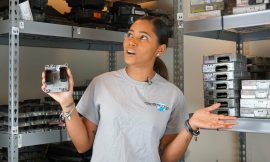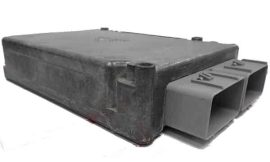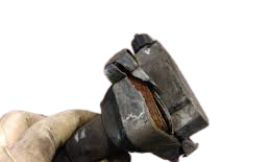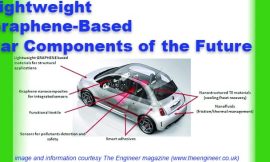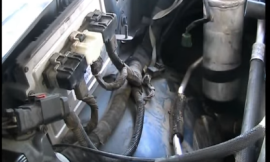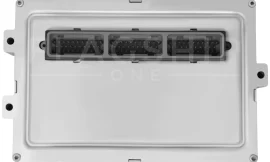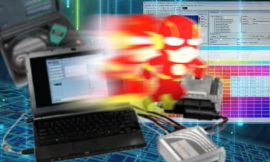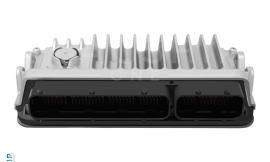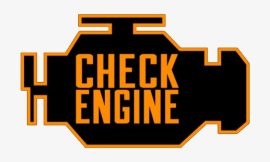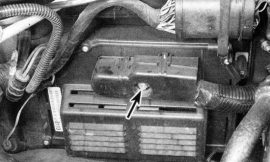Last updated on March 29th, 2022 at 10:15 pm
A bad battery or bad alternator can result in various performance problems. Almost every car owner will have to deal with alternator and battery damages at some point. It is easy to misdiagnose the power problem blaming it on a bad alternator when the issue is really from a bad battery or vice versa. If you try to start the engine and the car won’t start, it may be an excellent time to have your battery or alternator checked. But how do you tell which part is stopping your car from starting?
Symptoms of a bad battery
A faulty battery is one of the common reasons why your vehicle won’t start. However, the symptom may also stem from a myriad of issues such as damaged PCM (power-train control module) and failed alternator. If you are having power problems or issues when starting the car, it is recommendable to check the battery. A dead car battery will definitely result in ignition problems, so if the car refuses to start, you should consider jumpstarting or replacing the battery. If a jumpstart results in the vehicle starting, it means you have a bad or low-power battery. Fortunately, most modern vehicles feature computer diagnostic systems to inform you of low-power battery. You should check the battery lights to see if they are on. The warning light will turn on if you either have a dead battery or low power. Other symptoms of bad battery include:
• The car is slow to crank but eventually starts. This issue may be caused by a low battery charge and can happen if you have a battery that is a few years old or left the car (headlights, radio) on for a long time. In this case, recharging your battery will resolve the ignition issues you face.
• When electrical systems such as power windows, headlights, wipers and windshields do not work as efficiently as they should. The issue may be a low charge, especially if the systems are working, albeit less efficiently.
• If nothing happens when you start the car, either the battery or alternator is faulty. You should check for corrosion on the battery terminals or if the connection is too tight. Battery issues may also stem from faulty wiring and disconnections. It is, therefore, recommendable to inspect the wiring harness for damages.
Diagnosing bad alternator
Problems with the alternator will characterize distinct symptoms, although some are similar to those that manifest when you have a bad battery. In most cases, your car won’t start even with a jumpstart or new battery and if it does, it will go off within a minute of running. Other symptoms of a faulty alternator include:
• You may begin to see the battery power attempt to compensate for the power that should be coming from the alternator. This compensation only lasts a few minutes as batteries aren’t designed to offer engine power for long durations. When forced to compensate for a lousy alternator, it will drain very fast. This happens even for new batteries and your car will barely pull out the driveway before it conks out.
• If your car fails to start or produces clicking sounds when you attempt to ignite the engine. You might also notice strange noises, dimming lights and peculiar smell of burning rubber while driving. This could mean the alternator is overheating and requires prompt replacement.
• If your headlights shine brightly, but the car won’t start, or the lights dim when you slow down, this is a definite sign of a faulty alternator. Headlights shining bright when accelerating and dimming when coming to a stop also indicates that the alternator isn’t doing an excellent job of keeping the battery adequately charged. The dashboard lights may also dim even while the car is running.
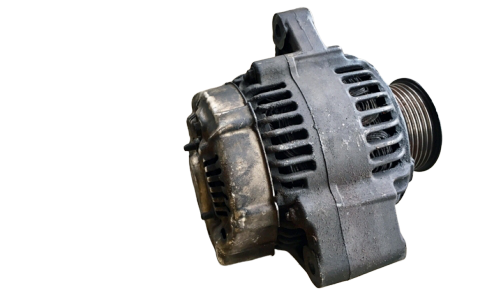
Dealing with Dead battery or non working alternator in your car
Both the battery and alternator are components of the car’s charging system. As such, issues with one inherently affect the other. Your vehicle may be able to function for a short time with a faulty alternator, depending on its unique power requirement. The alternator is tasked with charging the battery following ignition. It can only do this if the engine is running. The alternator also generates enough power to keep the engine running. Car batteries, on the other hand, provide the power need to start the car and maintain electrical systems like lighting and Electrical control units are in optimum working conditions. If either part is compromised, the only way to diagnose is by looking for the specific symptoms of each. If the alternator is bad, it won’t charge the batteries, even if they are new. Similarly, a properly functioning alternator is no good if the battery is dead.
Conclusion
Your car won’t function efficiently if either the alternator or battery is bad. If you have an old car with a weak alternator or old battery, it is essential to contact a mechanic to troubleshoot your power issues. Alternator replacement can be quite costly, so you should seek help as soon as possible. Replacing faulty alternators is advisable, but you can also rebuild the existing one if it isn’t severely damaged. A properly functioning alternator can usually charge dead or low-power batteries by running the automobile for a while. You can also use a car battery charger.
Bad Battery And Bad Alternator FAQ’s
A faulty alternator will result in strange growling sounds, burning smell, or alternating dimming and lighting of your headlights and interior light. If the car struggles to start or requires a jumpstart each time, the battery is probably at fault. It is recommendable to contact experienced mechanics to diagnose the problem and determine whether it stems from the battery or alternator.
Yes. The alternator recharges the battery while driving, so if it is faulty, it will put more pressure on your battery. This can result in faster draining, frequent need for jumpstarting and other undesirable activities that end up killing the cell.
No. If the alternator fails completely, it won’t be able to charge the battery and your car engine will go off in a matter of minutes. Jumpstarting only works for low-charge batteries. Even if the jumpstart works, it will be short-lived.
You may hear growling sounds or cranking when you start the car. However, the sounds may vary and can also stem from other mechanical parts, so you should always check to ensure it is coming from your alternator.





